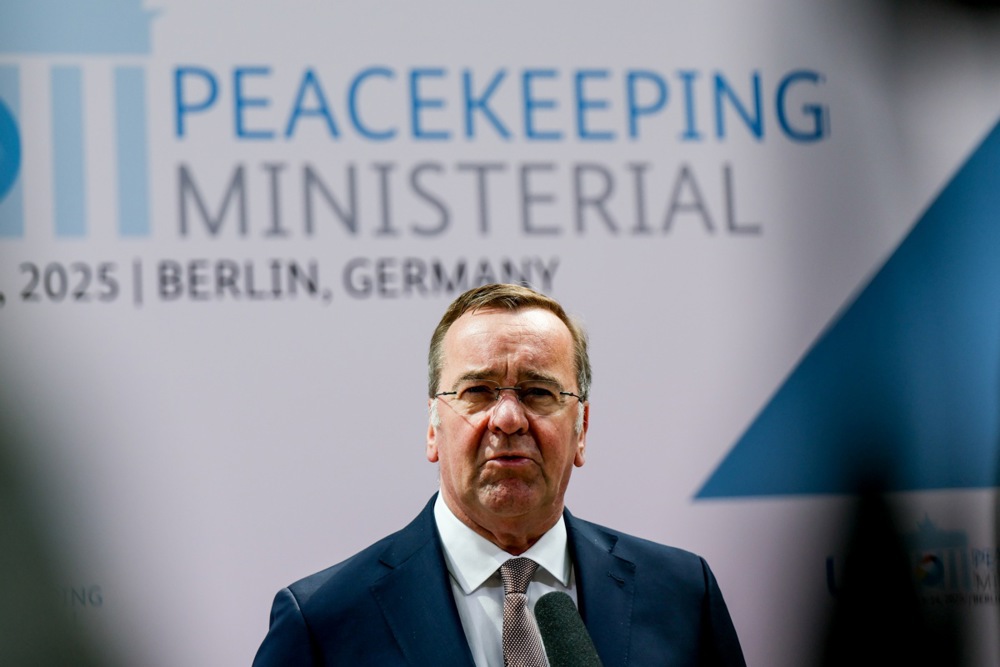The Reservist Association of the German Army is pressing for a speedy reintroduction of compulsory military service.
Patrick Sensburg, president of the association, said this was necessary to enable Germany to defend itself militarily.
Speaking with German news site RND in an interview published today, Sensburg said the German Army currently only had 180,000 soldiers and had been failing to bring this number up to even 200,000 men and women for a long time.
He added: “Since the June 2025 NATO summit, we know that we will need 260,000 active soldiers as well as 200,000 reservists, which can be quickly mobilised. We will need additional reservists to secure military infrastructure domestically and for other tasks – as well as replacing soldiers in the field.”
The active troops will be deployed to NATO’s eastern flank in case of war.
“It sounds brutal, I know,” Sensburg continued, “but according to army calculations in case of a war every day up to 1,000 soldiers will die at the front – or be injured so gravely that they cannot fight anymore.
“They will have to be replaced, also by reservists. War means death, suffering, and misery – and that is why we have to do everything to avoid it.”
While pointing out the risk of death and injury may not be the best advertising slogan for the army, Sensburg said it was important to be honest.
Although he said he was optimistic that the army would succeed in recruiting more volunteers than currently expected, he added that would still not be enough, especially given the additional needs for army reservists: “In the long term, it will not be possible without reinstating compulsory military service.”
The German Government wants to come up with a new solution for compulsory military service – abolished in 2011 – that would apply by the start of 2026.
A recent compromise was shelved at the last moment due to last-minute resistance from the Social Democrats, led by defence minister Boris Pistoris.
Sensburg said he was certain that the parties would find a solution by December, but pointed out organisational challenges and the risk of Russian interference.
“For me, the question is how we can technically implement the new military service by January. Setting up such a huge database without a dedicated line to the Kremlin is extremely difficult and not trivial. Political consensus will come,” he said.
“Then we have to show that Germany can also manage the technical side.”





